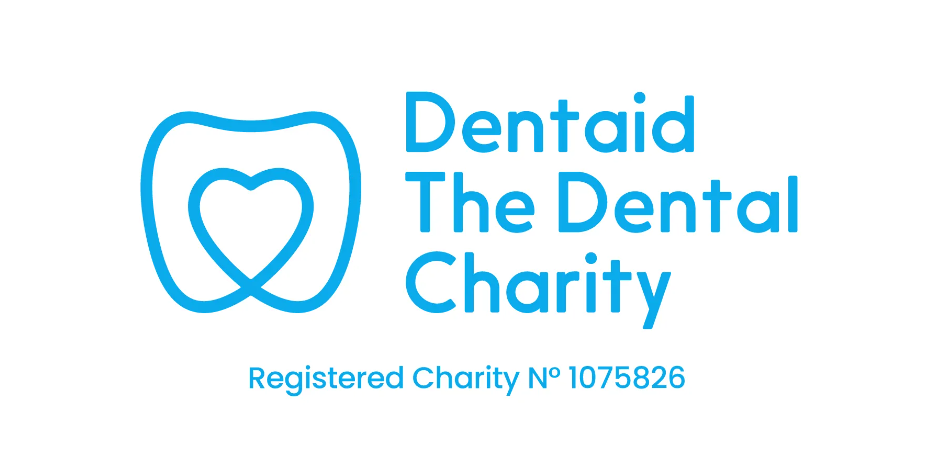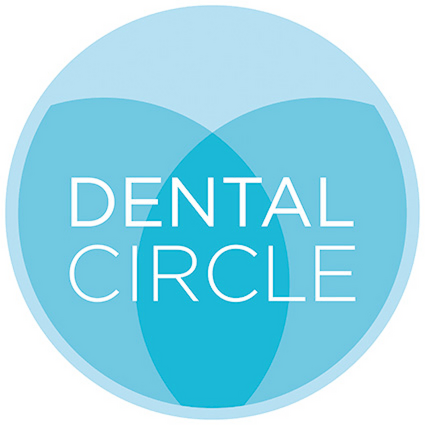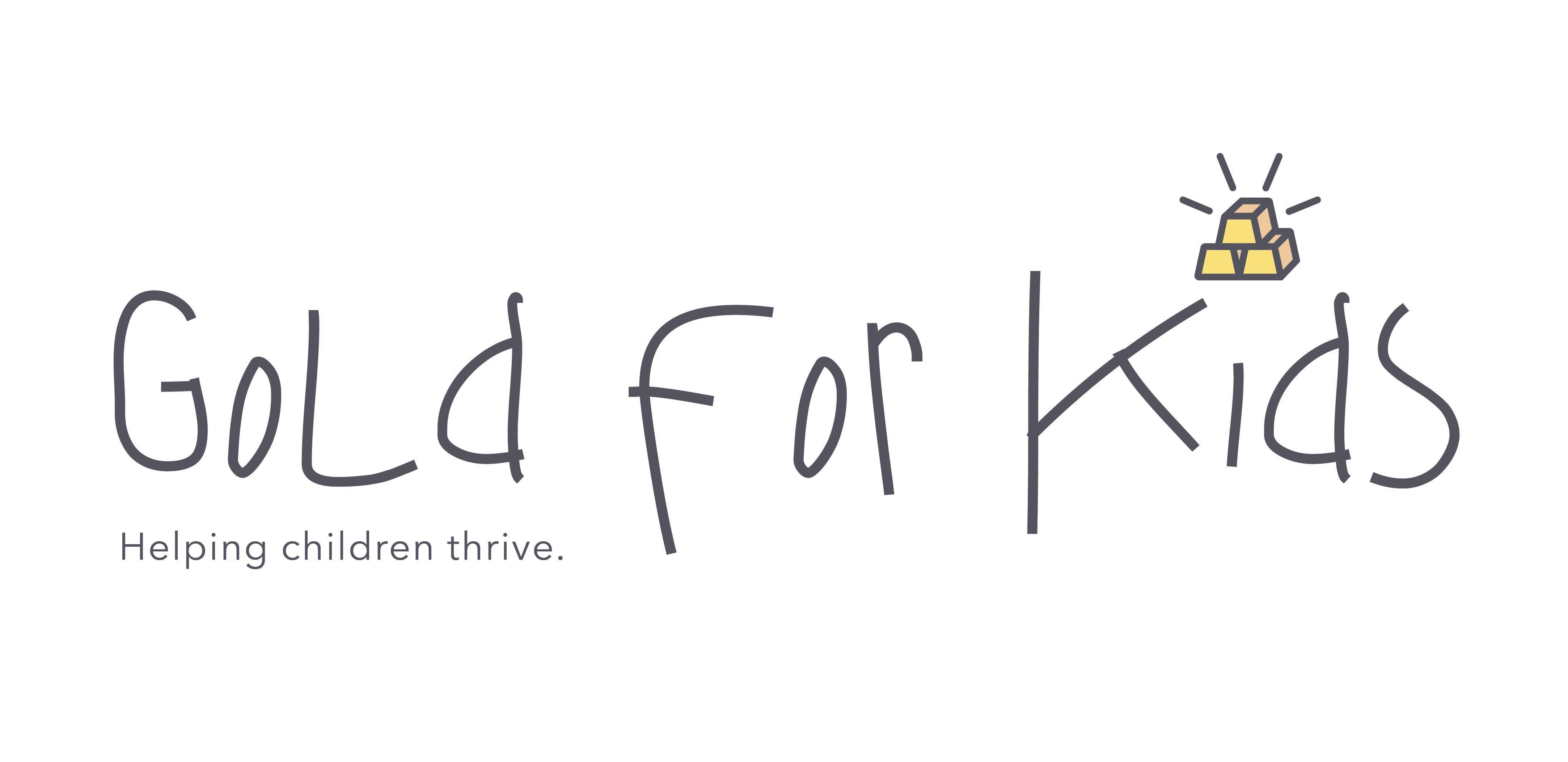Chew on this!
-200714v2-(002)-NEW.jpg/fit-in/700x9999/filters:no_upscale())
Chew on this! Does sugarfree gum help prevent caries?
Presented by Professor Avijit Banerjee, Dr Michael Dodds and Professor J. Tim Newton, the webinar explored the concept and potential implementation of chewing SFG as a minimally invasive way of preventing dental caries.
Professor Banerjee kicked things off by highlighting the role of the entire professional team in delivering preventive care. Dental caries remains a major problem around the globe, so the oral healthcare team needs to be helping patients prevent and manage the condition. Emphasis was placed on helping – ultimately, the responsibility for oral hygiene and preventing caries is with the patient.
He went on to suggest that typical caries management, delivered after a lesion has formed, is too late. Instead, action should be taken much earlier – one of several reasons for examining the effectiveness of chewing SFG.
Dr Dodds took over proceedings, live from Chicago, to provide some mechanistic background to the research that Professor Newton would later present. He described how the matrix of SFG was designed to allow prolonged chewing, as well as the features of different polyols (modified sugars). He went on to demonstrate that a pH of around 5.7 is the estimated critical limit at which enamel can start to demineralise.
An interesting point was that stimulated saliva has a different flow rate and composition compared to unstimulated saliva. The increase in bicarbonate is what neutralises plaque acids and reduces the risk of demineralisation. Dr Dodds showed that chewing SFG 3-5 times a day resulted in a 30-40+% remineralisation, with frequency of chewing possibly being as important as chewing duration. He summarised the benefits of SFG to include cleaning the mouth of food debris and sugars, neutralising acids and supporting remineralisation, concluding that “SFGs essentially use nature’s protection system against caries – saliva”.
A systematic review
During the final part of the webinar, Professor Newton presented a recently completed systematic review. The motivations for the research were clear – caries has a significant impact on the individuals suffering and the global economy.
From his systematic review of 14 relevant studies, he estimated an effect size of -0.3 for SFG on caries prevention. He said: “This is much bigger than the effect size of oral health education on its own” – another recent systematic review found very little effect of education only. Even supervised toothbrushing has been found to have less than a -0.3% effect. From this, Professor Newton surmised that chewing SFG “has the potential to be a really useful caries prevention tool to add to the overall package”. He suggested that chewing SFG would be useful as part of comprehensive oral healthcare recommendations.
To bring the session to a close, delegates had an opportunity to engage with the speakers and ask their own questions. Topics included the appropriateness of chewing SFG with dry mouth, regular pH testing in high caries risk patients, the carbon footprint of manufacturing xylitol and the environmental impact of increased use of chewing gum. All delegates were also asked to provide feedback following the session so that part 2 could focus on relevant practical implementation of chewing SFG for oral health benefits.
https://www.bigmarker.com/closerstill-media/Chewing-it-over-Implementation-of-sugarfree-gum-in-caries-prevention-regimes?utm_bmcr_source=p2bulletinhttps://www.bigmarker.com/closerstill-media/Chewing-it-over-Implementation-of-sugarfree-gum-in-caries-prevention-regimes?utm_bmcr_source=p2bulletin to register to watch the part one and two of the webinar series which continues 4th August at 7pm.





























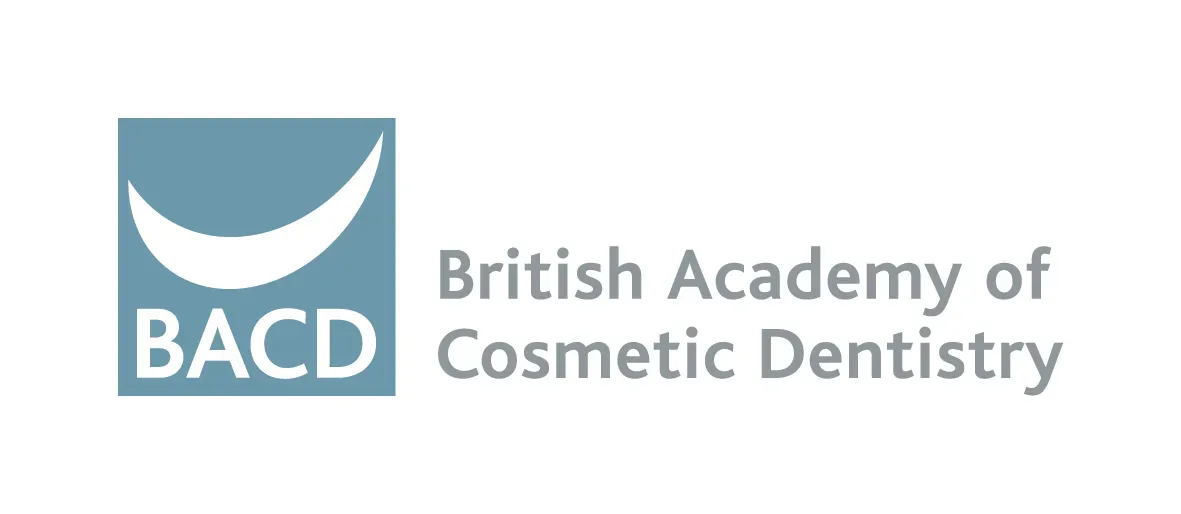

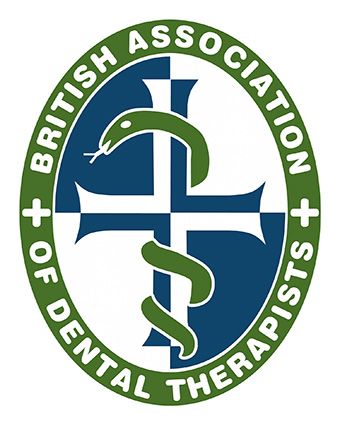
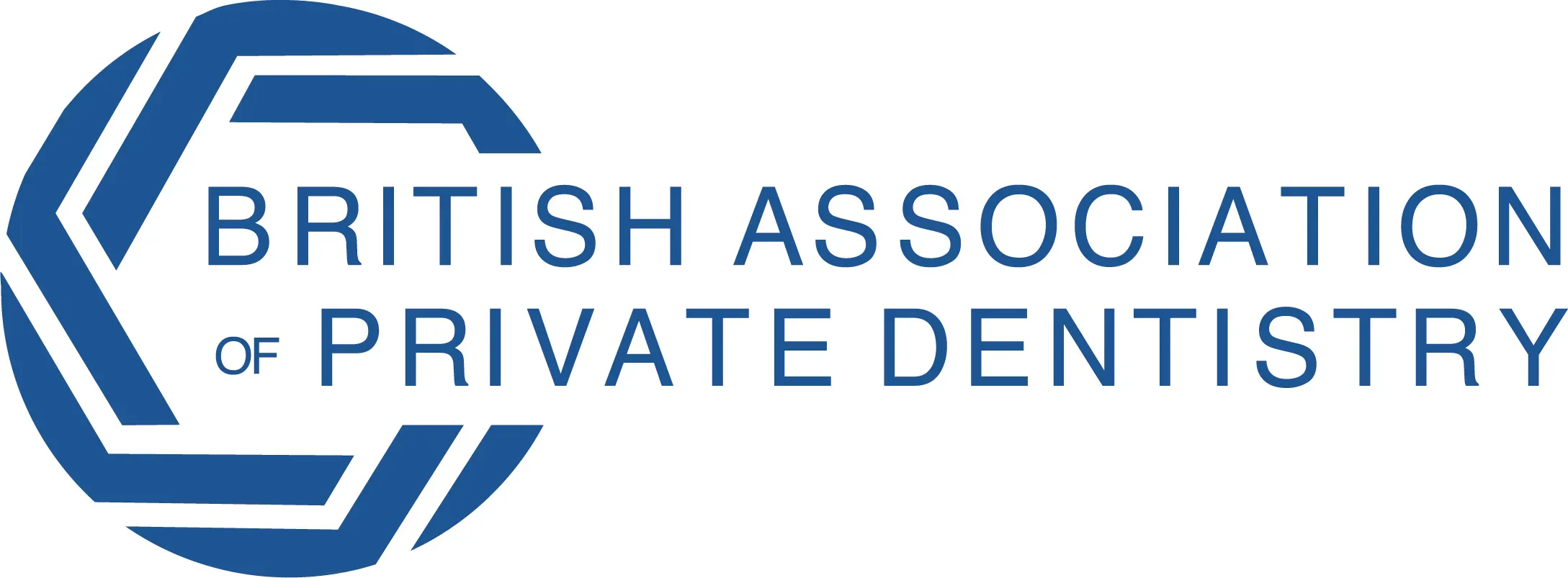
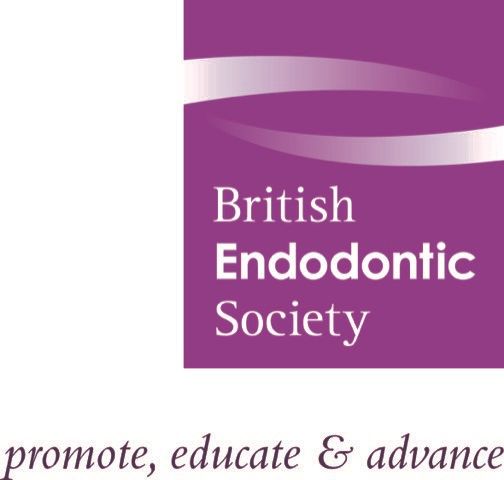

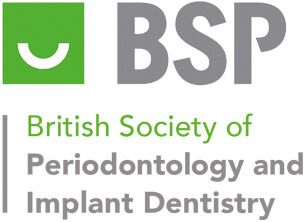



.png)
